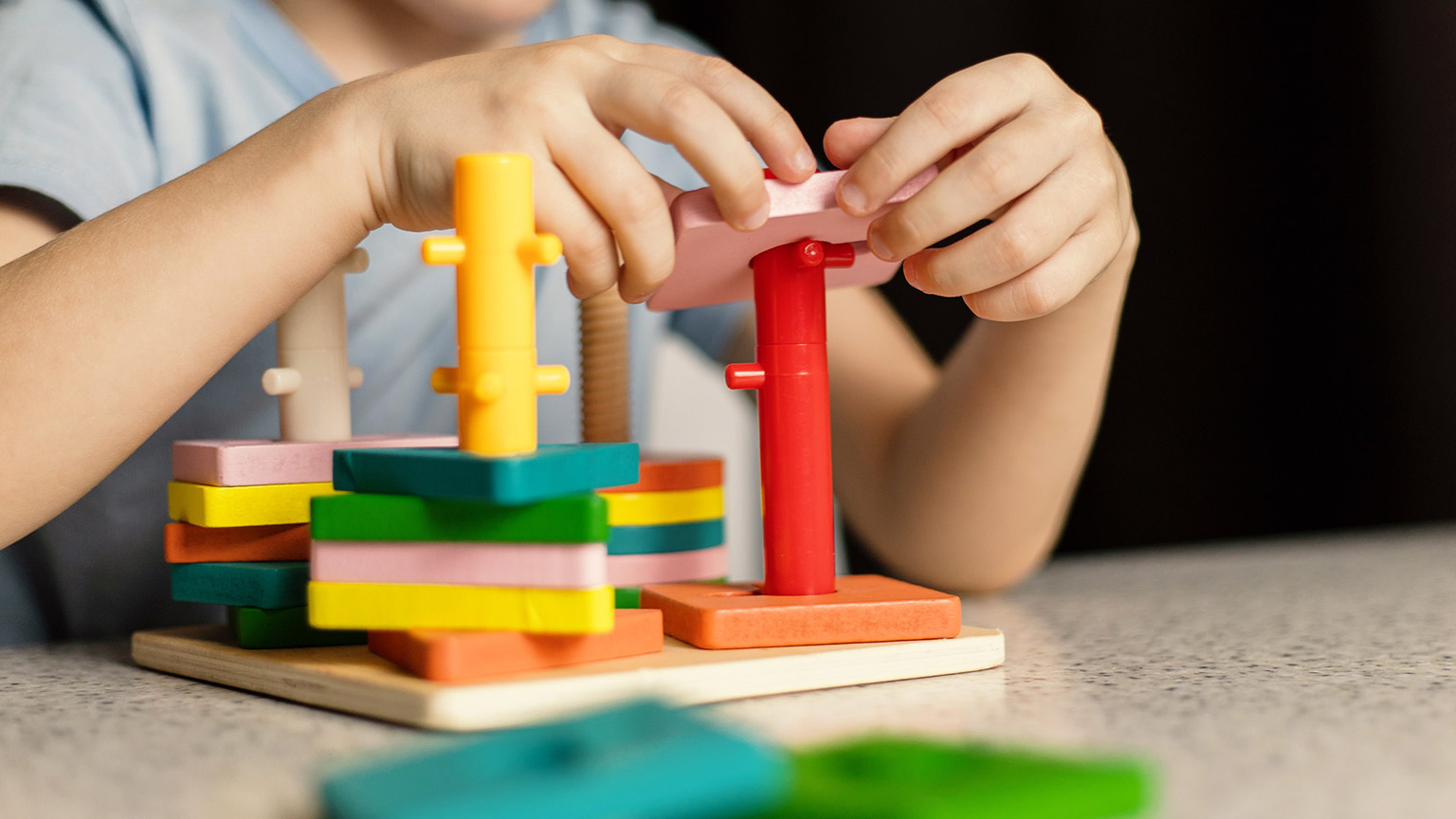Māori and Pasifika approaches to early childhood brain development are deeply rooted in cultural values and traditions. Both cultures value holistic views of child development and recognise the interconnectedness of physical, emotional, social and spiritual wellbeing. Current thinking around early childhood brain development fits with traditional practices of childhood upbringing practiced by Māori and Pasifika whanau. We have already identified some key positive actions which parents, whanau and caregivers can help the development of a young child’s brain:
- An environment free from toxic stress factors
- Positive interactions with adults and the child (“serve and return”)
- Good maternal pre-natal nutrition and health, and good nutrition for the baby after birth.
Te Whāriki summary of early childhood brain development
Te Whāriki online has some guidelines on how to put the theories around the development of the young child’s brain into practice.
Activity
Research ideas of Māori and Pasifika pre-natal and early childhood care. Identify the ways in which they are compatible with the positive actions we previously discussed around childhood brain development.
Read the link to the te Whāriki resource “Learning and the brain” and use this, plus other resources to find more information linking Māori and Pasifika ideas of childcare with childhood brain development theories.
Te Whāriki is designed to support children’s holistic development in four key areas: social, emotional, cognitive and physical.
Social and emotional development
Te Whāriki addresses the importance of children developing positive relationships with others, learning to play collaboratively and developing a sense of community. Pre-schoolers’ social development is acquired through their interactions with peers and adults. It is supported through opportunities for play, exploration and interaction with others and learn to develop empathy, respect and understanding for others with a sense of community and belonging. Adults play an important part in social development by providing positive role models and giving guidance, support and feedback. Some key skills children need to develop include listening and speaking skills, empathy, co-operation, sharing and respect for others.
Activity
Find examples in te Whāriki which specifically discuss aspects of positive social and emotional development in infants, toddlers and young children. Make a note of the strands and principles concerned and how the goals and learning outcomes in the te Whāriki resource can be used by kaiako to support the social and emotional development of children in their care.
Cognitive development
Te Whāriki recognises that cognitive development is a vital part of a child’s learning and development. It emphasises the importance of children developing curiosity, creativity and critical thinking skills. Cognitive development refers to the mental process to think, learn and solve problems, and is crucial to a child’s overall development and preparation for formal learning.
Activity
Find examples in te Whāriki which specifically discuss aspects of positive cognitive development in infants, toddlers and young children. Note down the details, including which strand or principle and how te Whāriki can be used by kaiako to support cognitive development in children in their care through the goals and learning outcomes in the document.
Physical development
Te Whāriki recognises the importance of physical wellbeing in a child’s learning and development. The framework emphasises the development of gross motor skills, fine motor skills and understanding of health and wellbeing.
Activity
Find examples in te Whāriki which specifically discuss aspects of positive physical development in infants, toddlers and young children. Note down the details, including which strand or principle and how te Whāriki can be used by kaiako to support physical development in children in their care through the goals and learning outcomes in the document.
You’ve reached the end of this topic. Let’s go over the key points:
- Traditional Māori and Pasifika approaches to child-rearing value holistic views, which recognise that physical, emotional, social and spiritual aspects of wellbeing are interconnected.
- Current thinking around childhood brain development is compatible with Māori and Pasifika practices of childhood upbringing.
- Te Whāriki has guidelines on putting theories of child brain development into practice in a way which is compatible with Māori ideas of childcare in areas of social development, cognitive development and physical development.
